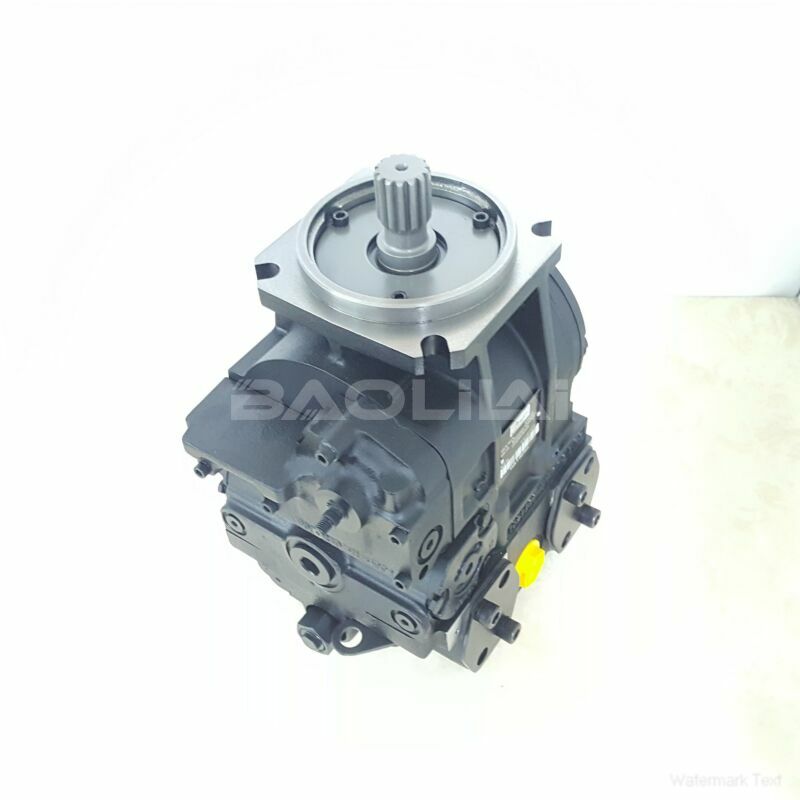90R250KP1CD80T3C8J00NNN404024 danfoss pump
90R250KP1CD80T3C8J00NNN404024 danfoss pump

- Product Details
- Applicable Scene
In the automotive industry, precision manufacturing is paramount, and one of the critical elements that facilitate this precision is the use of hydraulic oil pumps. These pumps play a vital role in powering various manufacturing processes, from stamping and molding to cutting and assembly. Thus, the design of hydraulic oil pumps must ensure optimal performance, reliability, and efficiency to meet the demanding standards of modern automotive production.
90R250-KP-1-CD-80-T-3-C8-J-00-NNN-40-40-24
90R250KP1CD80T3C8J00NNN404024
The primary function of hydraulic oil pumps is to convert mechanical energy into hydraulic energy, which is then utilized to perform work. In automotive manufacturing, this typically involves moving heavy machinery and equipment with precision. Therefore, a high-performance hydraulic oil pump should prioritize factors such as flow rate, pressure capacity, and reliability under constant use.

83052711
When designing hydraulic oil pumps for the automotive sector, engineers must first consider the specific requirements of the manufacturing processes they will support. For instance, applications that require high-pressure systems will necessitate pumps capable of consistently delivering high-pressure outputs without failure. This is crucial for tasks such as metal forming, where maintaining pressure within a tight tolerance is critical for achieving the desired specifications of automotive components.
Another important aspect of hydraulic oil pump design is the selection of materials. Components exposed to high pressure and fluid flow must be made from high-strength, corrosion-resistant materials to extend the lifespan of the pumps and reduce maintenance needs. Additionally, incorporating advanced sealing technologies helps prevent leaks, ensuring efficient operation and minimizing downtime.
Precision control systems also play a vital role in enhancing the functionality of hydraulic oil pumps. Implementing advanced control mechanisms can allow for variable flow rates and pressures, enabling manufacturers to adjust the hydraulic system’s performance according to specific operational demands. This flexibility is particularly valuable in an industry where production processes can vary greatly in scale and complexity.
Moreover, energy efficiency is an increasingly important consideration in the design of hydraulic oil pumps. With rising energy costs and growing environmental concerns, automakers are under pressure to streamline their operations. Designing hydraulic systems that operate with minimal energy consumption while still delivering the necessary performance can contribute significantly to the overall efficiency of the manufacturing process.
As technology continues to evolve, the integration of smart technologies and IoT (Internet of Things) into hydraulic systems represents a significant advancement in automotive manufacturing. By incorporating sensors and connected devices, manufacturers can monitor performance in real-time, predict maintenance needs, and optimize operational efficiencies. These innovations can greatly enhance the reliability and productivity of hydraulic oil pumps, ultimately contributing to improved manufacturing outcomes.





